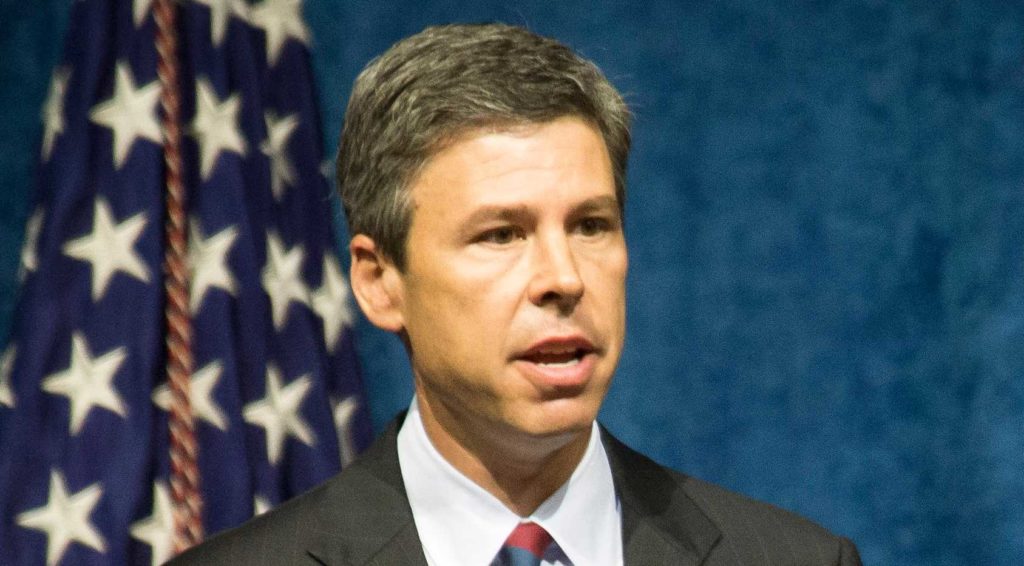 CHATTANOOGA, Tenn. — The mayor of Chattanooga, Tennessee has agreed to allow drive-in church services after being assured by area pastors that the meetings will be conducted with appropriate social distancing measures in place. The about-face from his initial prohibition comes two days after a lawsuit was filed against the City by a local church that asserted the restriction violated its freedom of religion and assembly.
CHATTANOOGA, Tenn. — The mayor of Chattanooga, Tennessee has agreed to allow drive-in church services after being assured by area pastors that the meetings will be conducted with appropriate social distancing measures in place. The about-face from his initial prohibition comes two days after a lawsuit was filed against the City by a local church that asserted the restriction violated its freedom of religion and assembly.
“Every week I sign a new executive order. I have spoken to pastors who assured me they could operate drive in church safely, with spaces between the cars and no collection plates. This week’s order therefore permits drive-in church. Please observe safely,” Andy Berke posted to Twitter on Saturday.
According to reports, on April 9, Berke had outlined on social media that “drive-in services, … even in their cars with the windows rolled up, for any length of time will be considered a violation of our shelter-in-place directive.” The post is no longer available as of press time.
The following day, the City of Chattanooga shared a statement from local faith leaders that “[a]lthough coronavirus will prevent us from worshiping in the same buildings this weekend, it will not prevent us from celebrating and observing these enduring [Easter and Passover] traditions together.” It encouraged residents to check with area religious groups about plans for online services.
On April 11, attorneys for Metropolitan Tabernacle Church sent an email to the city attorney to contend that the prohibition on drive-in services violates the U.S. Constitution. Steve Ball, the pastor, had previously inquired of local police whether it would be permissible to hold drive in services and was told yes by a lieutenant.
However, as a result of Berke’s ban, Metropolitan Tabernacle did not hold a drive-in Easter service as initially planned.
The event would have entailed tuning to a short-range radio frequency in the parking lot, or listening via loudspeakers, while remaining in one’s vehicle with the windows up — or halfway down at the most if needed to hear the loudspeakers better. Cars were to be spaced out every other parking spot and attendees would be instructed to stay in their vehicles.
The church felt that the arrangement would be a way for members to engage in “safe social distancing practices so that parishioners can safely worship God together from their cars without risking the spread of COVID-19.” It also pursued the option as several members do not have the ability to watch online.
The City reiterated the prohibition the following week.
The religious liberties organization Alliance Defending Freedom soon filed suit, arguing that the City’s actions make no sense as residents are able to park at drive-through restaurants and retail stores — and have their windows down.
“The City permits persons to park next to each other in retail parking lots such as Lowes and Home Depot with their windows down. The City permits persons to interact directly with their windows down in drive-through restaurants such as Sonic,” the legal challenge noted.
“Thus, according to the City, you can buy a hamburger and sit in your car at a drive-in restaurant, or sit in the parking lot of a retail establishment with hundreds of other vehicles with your windows rolled down, but you can’t sit in your car at a drive-in church service with your windows rolled up,” it outlined.
ADF contended that the prohibition was not the least restrictive means to further the government interest, as required by case law. It also said that the ban on drive-in services violated the church’s freedom of religion and right to peacefully assemble.
Read the lawsuit in full here.
While Berke did not mention the lawsuit, he said on Saturday that after being assured by pastors that the drive-in services would be conducted safely — with spaces between cars and no collection plate, he would allow the in-vehicle gatherings to take place.
Public reaction to his announcement has been mixed.
“See you all in a week when our case count spikes again,” one commenter wrote. “Good job taking off the parachute now that it’s slowed us down a bit, mayor.”
“I guess if hundreds of people can hang out in Lowe’s, Home Depot or Walmart all day, maybe sitting in their car for a church service will be ok,” another remarked.
As previously reported, the U.S. Department of Justice supports drive-in services, as it filed a Statement of Interest last week in the Greenville, Mississippi case. That city reversed course as well after receiving guidance from Gov. Tate Reeves.
“[E]ven in times of emergency, when reasonable and temporary restrictions are placed on rights, the First Amendment and federal statutory law prohibit discrimination against religious institutions and religious believers. Thus, government may not impose special restrictions on religious activity that do not also apply to similar nonreligious activity,” Attorney General William Barr said in a statement.
Become a Christian News Network Supporter...


